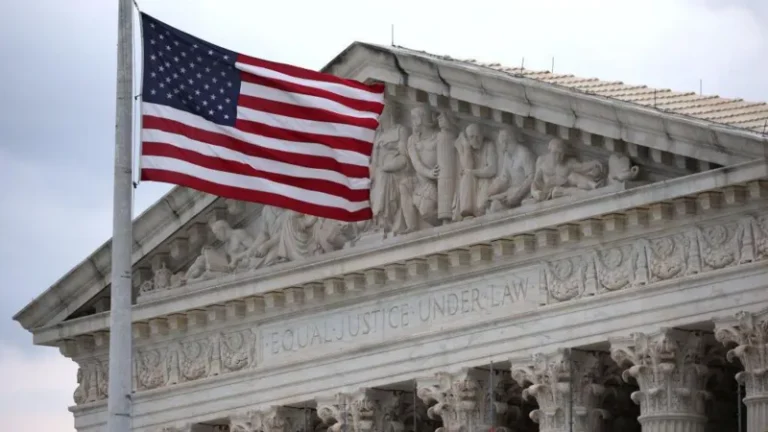Passed in 2023, the Texas law aims to prevent minors from viewing pornography online. Opponents challenged it, claiming it places unfair limits on free speech and violates the rights of adults. However, the court voted 6–3 to keep the law in place, with the majority siding with the state’s interest in protecting children.
Supporters of the law argue that requiring proof of age is a reasonable measure. Justice Clarence Thomas, writing for the majority, stated that states have the authority to prevent children from accessing sexually explicit material. He said that the need to protect minors outweighs the burden placed on adults by the law.
The adult entertainment industry strongly disagrees. Companies like PornHub and others say the law discourages users from visiting their websites. They claim that asking for government-issued ID or facial scans violates privacy and could put users at risk if their data is exposed. In legal filings, they warned about the dangers of data breaches and leaks. The fear of having private information leaked could push many adults away from accessing lawful content.
Industry lawyers leaned on a 2004 Supreme Court ruling that blocked a law trying to make some online content criminal if it could harm minors. They argued that the Texas law, while well-meaning, has the same effect—making it hard for adults to view legal material. This, they say, is a violation of free speech rights guaranteed under the First Amendment.
But Texas officials turned to a much older case from 1968. In that ruling, the court upheld a New York law that banned selling adult magazines to minors. Texas argued that the same idea should apply today, even though the medium has changed from paper to digital. In their view, the move to online platforms does not remove the need to protect children.
During a two-hour hearing in January, several justices showed interest in both sides. They asked about protecting young people online but also voiced concern over privacy and free expression. Despite these concerns, the final ruling gave states the green light to demand age checks on adult websites.
The decision could have a broad impact beyond Texas. More than twelve other states have passed or are considering similar laws. These laws aim to curb the exposure of minors to explicit content, but they have also raised questions about privacy, online freedom, and government overreach.
Some groups worry that laws like this one may not stop with adult websites. Critics believe they could be used to block or restrict other types of content aimed at mature audiences. They say once such laws are in place, the government may feel empowered to expand control over other forms of digital speech.
In response to the ruling, Texas Attorney General Ken Paxton celebrated the decision. He posted online that the law is a win for families and the right of states to protect their citizens. He said adult websites must now take responsibility and use real age checks before allowing access to explicit material.
But others remain alarmed. Alison Boden, executive director of the Free Speech Coalition, which helped lead the legal challenge, said the court’s decision sets a troubling precedent. She described pornography as the “canary in the coal mine” for free speech. According to her, the government should not be allowed to force people to give up privacy just to use the internet. She also said past efforts to protect children using such laws have mostly failed.
Legal experts believe this ruling could shape future debates on digital content, privacy, and freedom. It sets the tone for how courts may balance child protection with adult rights in the age of the internet.
As the internet continues to evolve, lawmakers and courts will likely face more clashes between safety and freedom. For now, states are emboldened to demand tighter controls over what people see online, especially when children are involved.







